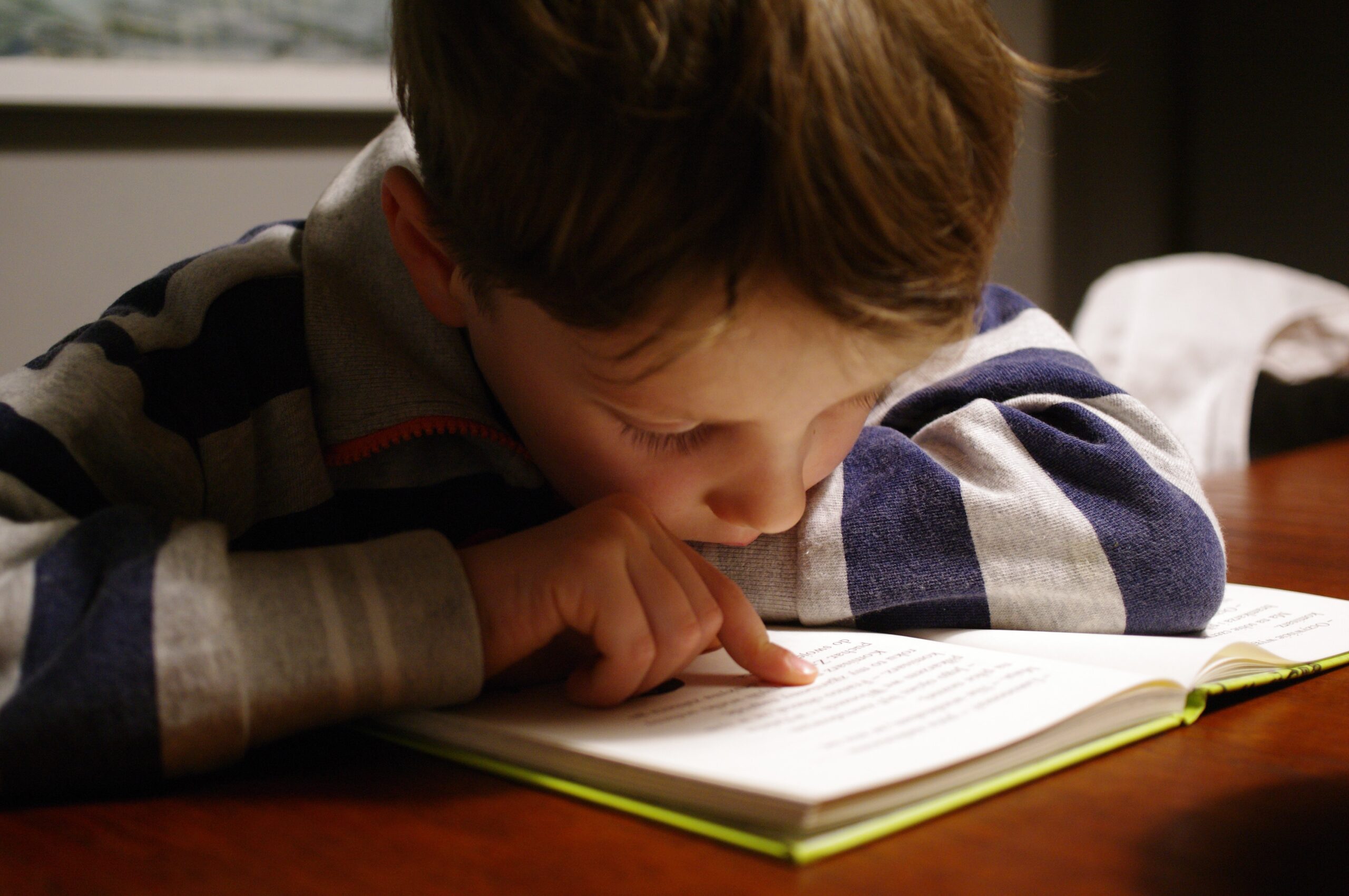For our kids and teens, a school year will bring new adults into their orbit. With this, comes new opportunities to be brave and grow their courage – but it will also bring anxiety at school. For some kiddos, this anxiety will feel so big, but we can help them feel bigger.
If anxiety is a felt sense of threat, the antidote to this is a felt sense of safety.
This can be strengthened most powerfully through relationship. A felt sense of relational safety is critical in reducing anxiety at school and building brave behaviour in all children.
‘Relational safety’ in this sense means feeling welcome, seen validated, cared for, valued. The questions to ask are:
- Do they feel seen, cared for, valued, by the adult in the room?
- Is that adult familiar, warm, welcoming?
- And because children are always looking to their primary important adults (parents/carers) for signs of safety: Do they (the young person) believe that we (their parent/carer) likes and trusts that adult?
There is a primal, instinctive reason for the importance of relational safety for all of us. We haven’t survived for as long as we have because we’re the smartest or the strongest or the most powerful. We’ve survived for as long as we have because we’ve worked together. We feel safest when we are ‘with’. This is how it is for all mammals, not just the human ones.
What’s important of course, is that the ones we are with feel safe to be with. For children, felt safety with an adult might take time. This is no reflection on the adult. The adult beside them might be the safest, warmest, most loving adult, but that doesn’t mean a young person will feel safe straight away.
This is also instinctive. It isn’t safe for children to follow every adult that comes to them, so a felt sense of relational safety might take time, and that’s okay.
As long as they are actually safe, we can help grow their felt sense of relational safety by nurturing their relationship with the important adults who will be caring for them, whether that’s a co-parent, a stepparent, a teacher, a coach.
There are a number of ways we can do this:
- Use the name of their other adult (such as a teacher) regularly, and let it sound loving and playful on your voice. ‘Oh I wonder what Miss Smith is having for breakfast today.’
- Let them see that you have an open, willing heart in relation to the other adult. ‘I really like Mr Jones. I’m excited for you to get to know him.’
- Show them you trust the other adult to care for them (‘I know Mrs Smith is going to take such good care of you.’)
- Facilitate familiarity. As much as you can, hand your child to the same person when you drop them off.
- You know how lovely it feels to hear someone speaking beautifully about you behind your back? It goes a long way to building trust in the person who said it. To facilitate this between your child and the teacher, ask your child’s teacher to share anything positive your child does. It might be weekly or fortnightly – whatever works. Then, share that information with your child, ‘Mrs Wilder told me that you worked really hard in maths today. I loved that she noticed that about you.’ Then, share anything positive your child says about the teacher, with the teacher.
It’s about helping expand their village of loving adults. The wider this village, the bigger their world in which they can feel brave enough.
For centuries before us, it was the village that raised children. Parenting was never meant to be done by one or two adults on their own, yet our modern world means that this is how it is for so many of us.
We can bring the village back though – and we must – by helping our kiddos feel safe, known, and held by the adults around them. We need this for each other too.



It’s nice to finally see its ok talk about anxiety and depression and to put in perspective what it means, and that reaching out as a parent or just struggling yourself that people are more accepting, and that there is help and tools to help. No more hush hush or negativity toward someone struggling.
For children, getting along with adults takes some time to build a sense of trust and security.
Simple and quite beautiful
Very nice,